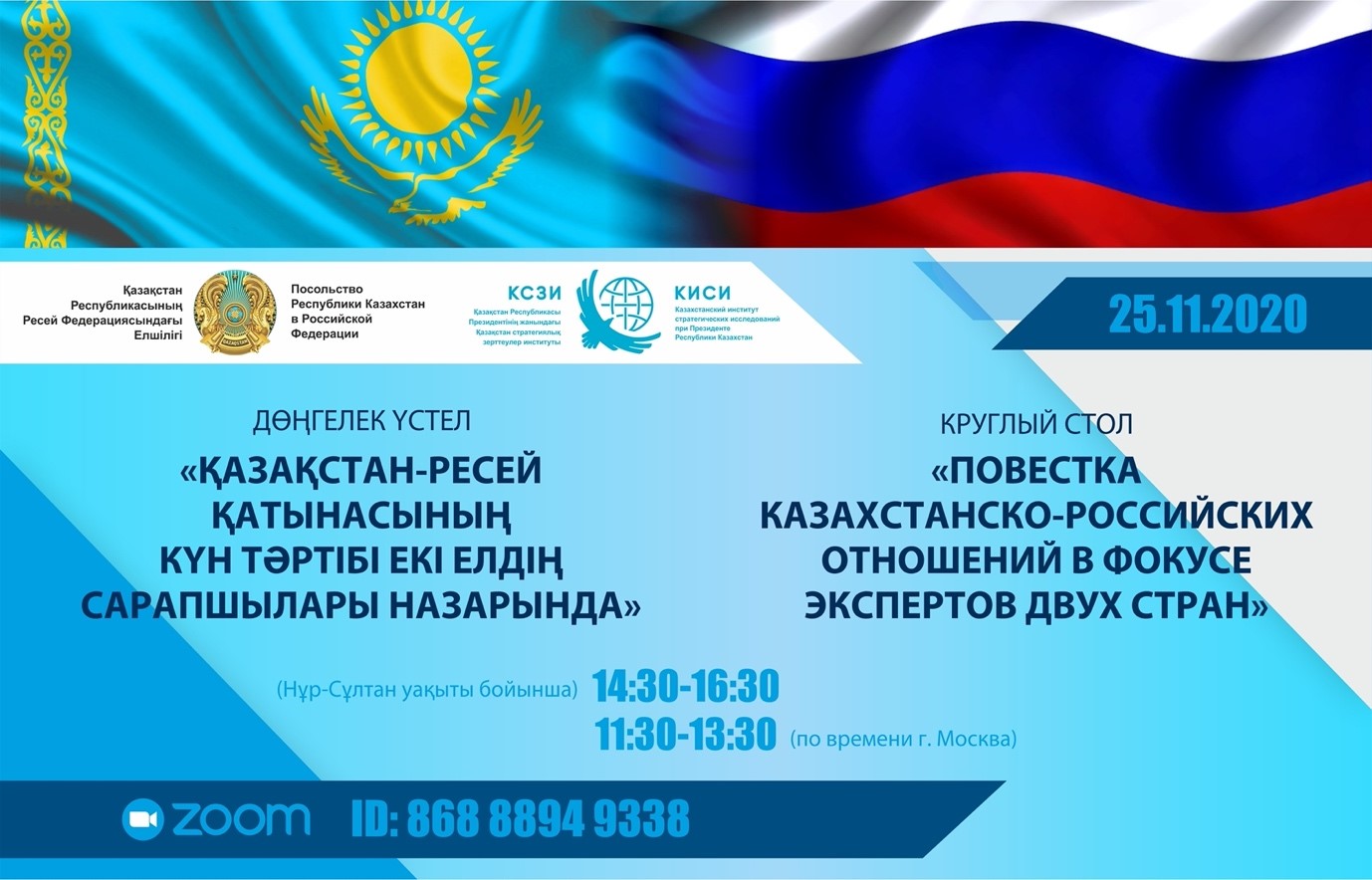In November 25, 2020, a round table "The agenda of Kazakh-Russian relations in the focus of experts of the two countries" was held at the KazISS under the President of the Republic of Kazakhstan. The key objective of this event was the exchange of views on key issues of cooperation between Kazakhstan and Russia at the present stage. The event was organized jointly with the Embassy of the Republic of Kazakhstan in the Russian Federation.
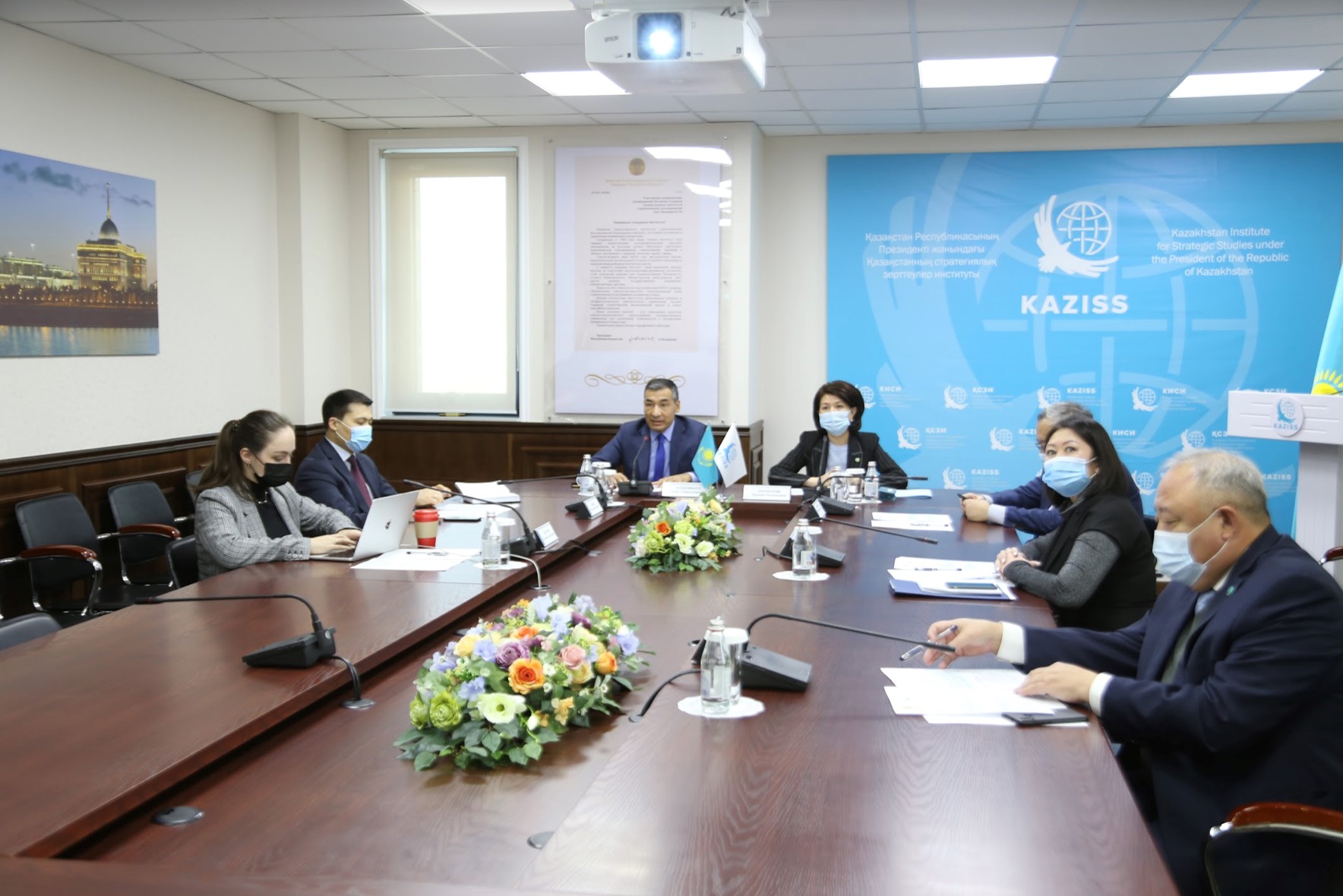
The event was attended by authoritative specialists on Russia from Kazakhstan and experts dealing with Central Asian and Kazakhstani issues from the Russian Federation. The meeting was moderated by the Deputy Director of the KazISS Sanat Kushkumbayev.
Ambassador Extraordinary and Plenipotentiary of the Republic of Kazakhstan to the Russian Federation Ermek Kosherbayev, addressing the round table participants, especially emphasized the following points: “The achieved degree of political trust between our countries testifies to the enormous potential of bilateral relations not only in the near future, but also in the strategic perspective.
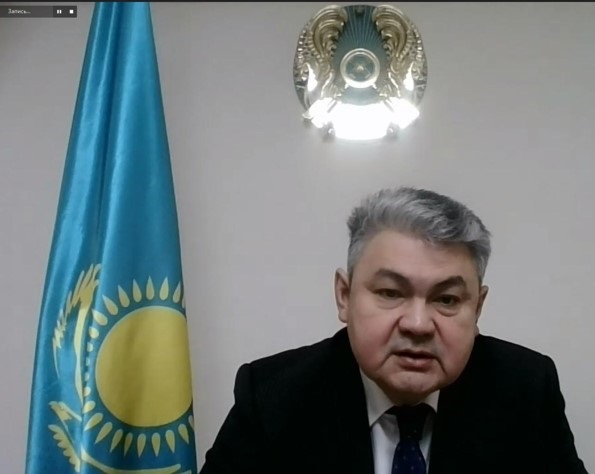
We see that important transformation processes are taking place not only in world politics and the global economy, but also within our countries and societies. So, for example, 2021 is very important for both Kazakhstan and Russia, from the point of view of internal political processes, taking into account the upcoming parliamentary elections. In addition, it is necessary to confront the consequences of the pandemic and look for new approaches to cooperation.
The "second track", as we call interaction between experts, is acquiring an ever more important place in the development of diplomatic practice, and allows one to find new creative, high-tech approaches. In modern conditions, it is necessary to study all the changes that occur not only in global politics, but also in society, it is necessary to know how many coincidences these changes have, how they differ, how this will affect the prospects for bilateral relations.
Now it is also important to pass on the accumulated experience of "fraternal friendship" to the new generation that has grown up over the years of independence. The root of all problems in interstate relations, always in the "ignorance" of each other. The vacuum of information gives rise to various rumors, conjectures, allegories ... Such discussions, in our opinion, help to fill this vacuum. "
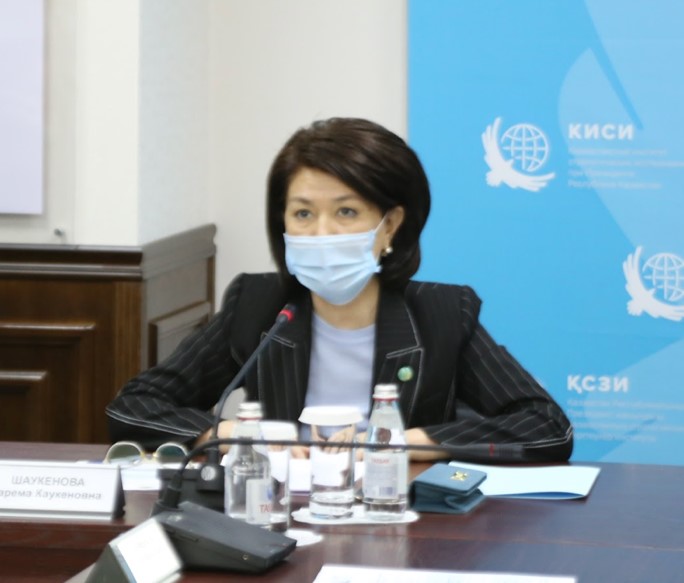
Director of KazISS Zarema Shaukenova in her welcoming speech noted: “The speed of change and the unpredictability of the international agenda are steadily growing. Before our eyes, one “black swan” after another appears in world politics and economy. The coronavirus pandemic, trade wars, price volatility on energy markets, the unfreezing of sleepers and the emergence of new conflicts on our immediate frontiers - this is an objective reality in which we exist today. Kazakhstan and Russia as the closest allies linked by strong and trusting bilateral relations and existing within the framework of a single security architecture, in these difficult conditions must develop common approaches and responses to new challenges. "
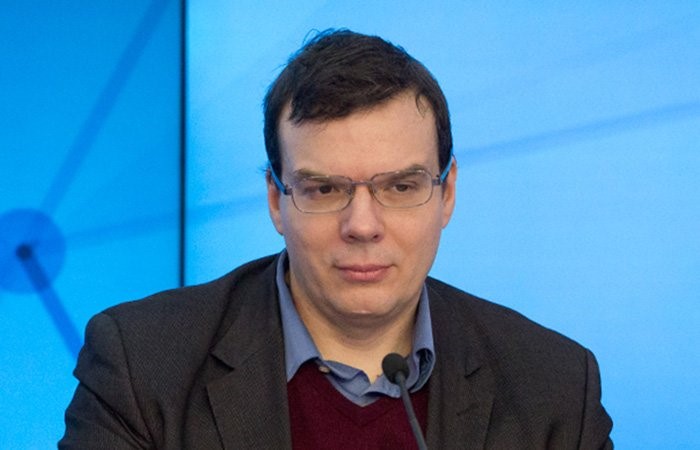
Andrei Kazantsev, chief researcher at the Institute for International Studies at the Moscow State Institute of International Relations of the Russian Ministry of Foreign Affairs (MGIMO), noted that in a situation of uncertainty in a “crumbling world”, even the closest partners are forced to adapt bilateral relations to new conditions, since “many things that we considered self-evident, collapsed. Now the planning horizon of the leading states has sharply decreased. Addressing policy-making tasks is acquiring a very important dimension. There should be an understanding at all management levels that many of the old planning and decision-making problems do not work. " In this regard, A. Kazantsev stressed the need for interaction and exchange of views at the expert level.
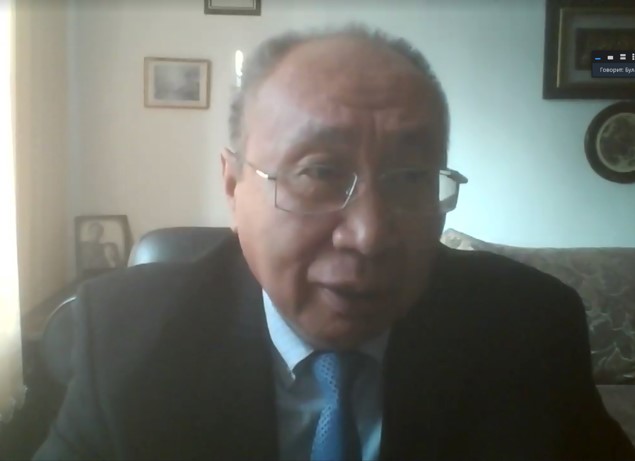
Director of the Research Institute for International and Regional Cooperation at the Kazakh-German University Bulat Sultanov paid special attention to the issues of the functioning of the EAEU. In his opinion, “it is necessary to develop a plan for the phased removal of all restrictions and barriers that arose during the pandemic, to intensify the work on launching the integrated information system of the EAEU, to develop transport and logistics services in the direction of creating a common commodity distribution network with interested countries of the Union. It is desirable to more actively and on a systematic basis involve the financial and material and technical potential of the EAEU in the development and implementation of regional economic programs in Central Asia: water and energy, transport and communication, agrarian and food, environmental. "
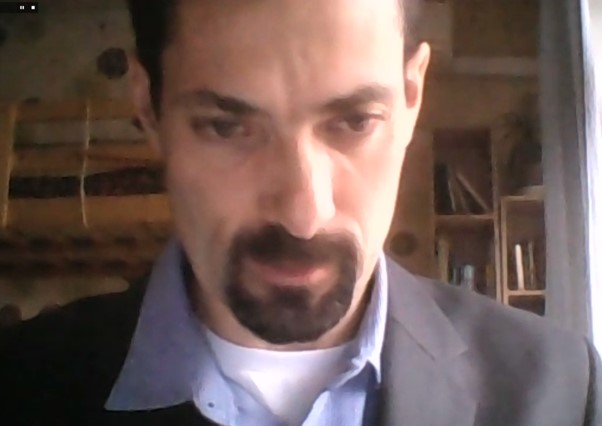
Senior Research Fellow at the Research Coordination Center of the Russian Institute for Strategic Studies (RISS) Ivan Ippolitov outlined the priorities for the development of bilateral cooperation: “The COVID-19 pandemic has dealt a painful and unexpected blow to all countries of the world. It also negatively influenced the course of Eurasian integration. Our countries should take into account the experience gained and prepare for similar challenges in the future. ”
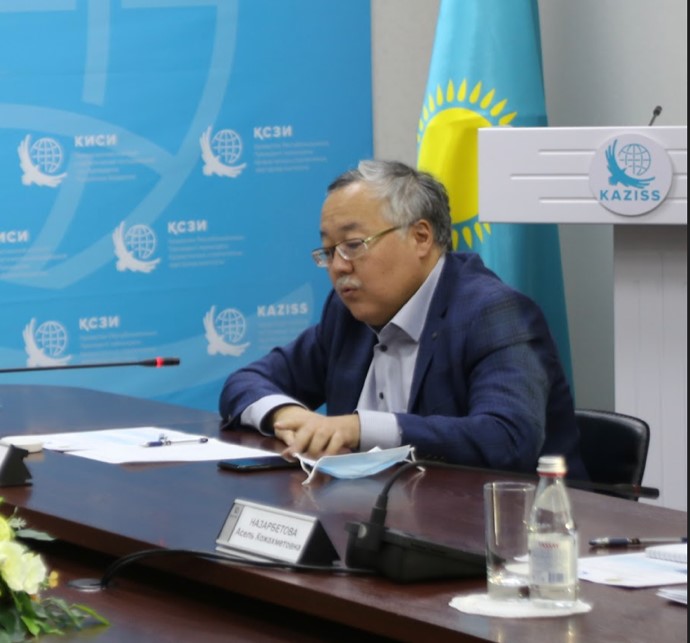
Director of the Institute for Asian Studies, editor-in-chief of the magazine "Center of Asia" Sultan Akimbekov, mentioning that the deepening of bilateral friendly relations between the two countries is the only way for Kazakhstan and Russia due to the common history, political ties and economic relations, raised a number of practical issues that need to be resolved - from preserving the subjectivity of the EAEU members to providing humanitarian assistance in connection with the Covid-19 pandemic and leveling imbalances in trade.
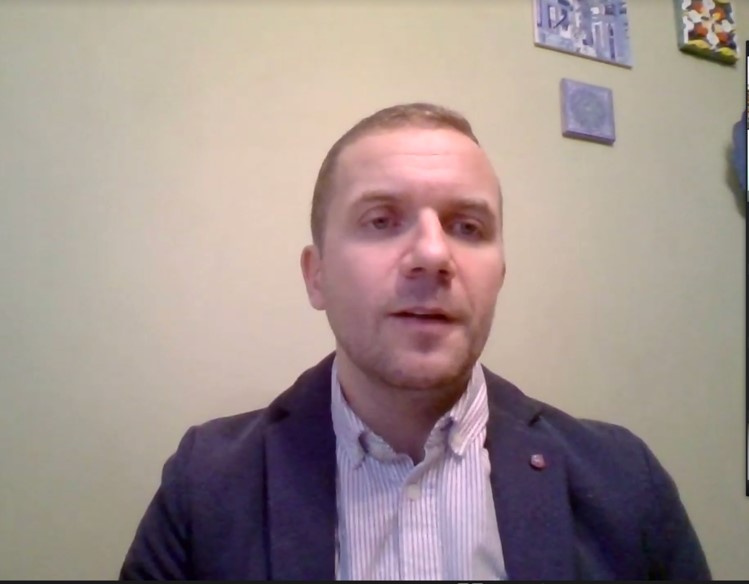
Senior Research Fellow, Central Asia Sector, Center for Post-Soviet Studies, National Research Institute of World Economy and International Relations named after E.M. Primakov of the Russian Academy of Sciences (IMEMO RAN) Stanislav Pritchin, having indicated that Kazakhstan and Russia are the locomotives of the EAEU and key actors in the region, proposed an agenda of joint actions for the near future: “For Russia and Kazakhstan at the present stage there are a whole range of tasks and challenges that impose special obligations. Among them are the prospects and long-term goals of the EAEU, which are co-founded by our countries. In the coming months, a plan for the development of the organization for the next five years should be adopted. The next destabilization in neighboring Kyrgyzstan sets before Russia and Kazakhstan the task of developing a joint approach to the southern neighbor and helping to normalize the situation with him, taking into account the importance of our countries for Kyrgyzstan. "
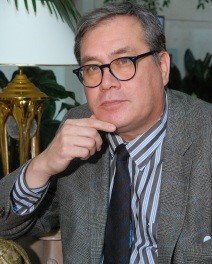
Chief Research fellow of the KazISS Murat Laumulin stressed that in its foreign policy “Russia intends to intensify cooperation with the five Central Asian republics and, at the same time, somewhat adjust its approach to this region. This follows from the policy statement made public following the results of the October this year. meetings of heads of foreign ministries in the "CA + 1" format. For Russia, this means a certain evolution of its approach to the Central Asian region. Previously, she either developed bilateral ties with five countries, or worked with them as members of integration associations in the post-Soviet space - the CSTO, the EAEU, the CIS. "
The main task of the round table was to coordinate positions on the goals and priorities of bilateral cooperation in a changing environment. During the meeting, the issues of recovery of national economies after the crisis provoked by Covid-19 and the implementation of the “four freedoms” of the EAEU were also discussed.
A separate place in the discussion was taken by the security agenda, ranging from specific conflicts in the post-Soviet space, which have entered a "hot" phase, and ending with issues of the collective security architecture in the context of the need to reform the CSTO and SCO.
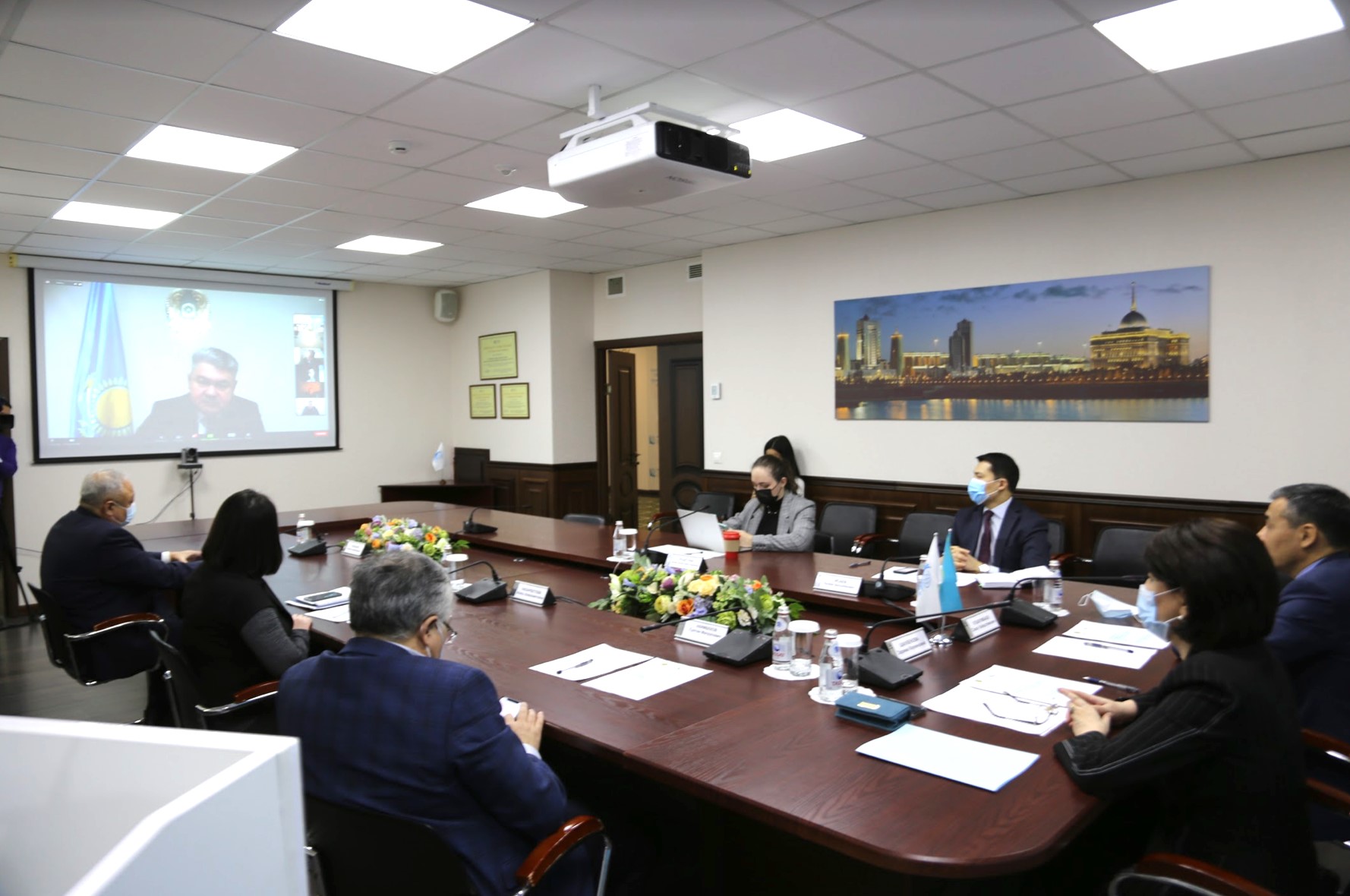
On behalf of KazISS, the expert meeting was also attended by chief research fellows Lesya Karataeva and Vyacheslav Dodonov, Secretary for academic and research affairs Kazbek Issayev, head of the international studies Department Asel Nazarbetova, senior expert Bolat Tokabayev, senior research fellows Anastasia Reshetnyak and Kymbat Nurgaliyeva.
kThe round table "Agenda of Kazakh-Russian relations in the focus of experts of the two countries" contributed to the maintenance and development of Kazakh-Russian research cooperation and allowed at the expert level to identify the priorities of the Republic of Kazakhstan and the Russian Federation in the framework of bilateral and multilateral interaction.






